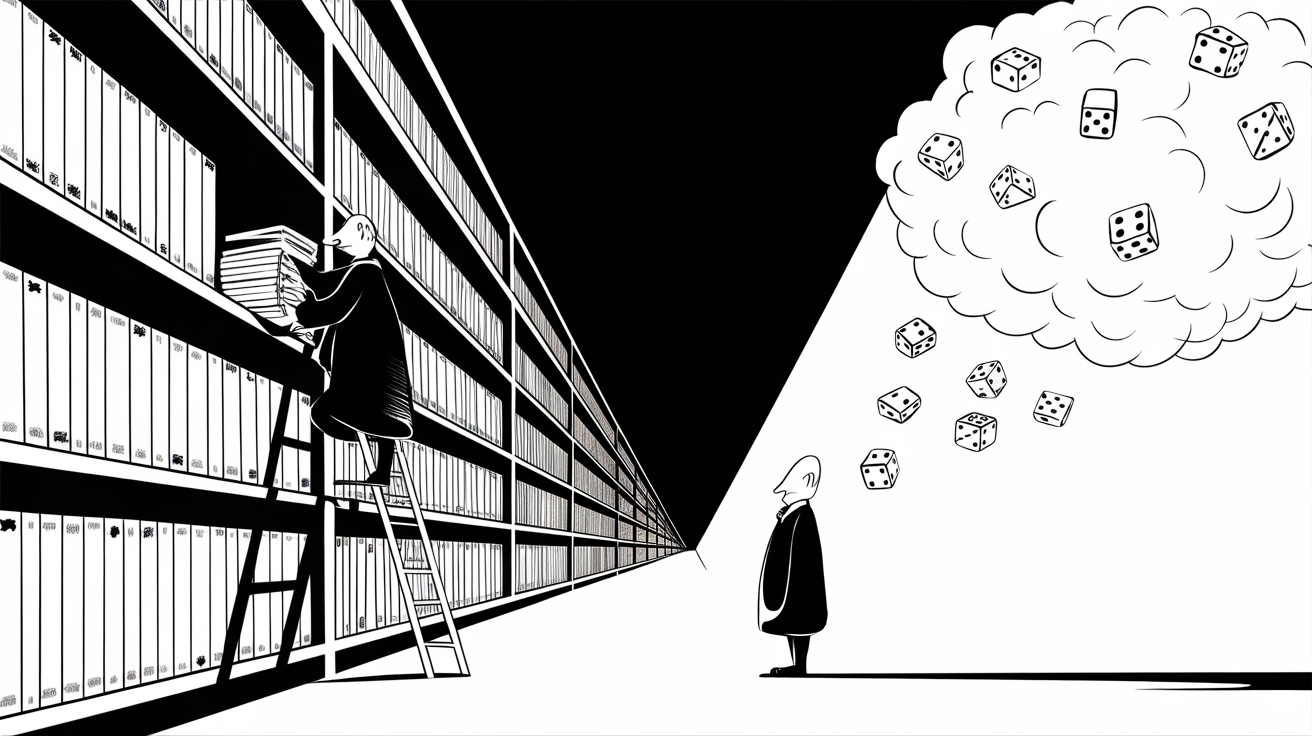The Paradox of Infinite Knowledge and Unknowable Uncertainty
David Deutsch and Nassim Taleb have different but complementary perspectives on knowledge and uncertainty. Let's break it down.
David Deutsch: Knowledge is Infinite
Deutsch, particularly in The Beginning of Infinity, argues that knowledge creation is an open-ended, unbounded process. Humans can always improve their understanding of the world through better explanations, and there is no ultimate limit to what can be known. Knowledge grows through conjecture, criticism, and refinement.
Nassim Taleb: Randomness is Unavoidable and Unknowable
Taleb, especially in The Black Swan and Fooled by Randomness, emphasizes that certain aspects of reality - particularly those involving complex systems, rare events, and nonlinear dynamics - are inherently unpredictable. No matter how much knowledge we accumulate, some elements of randomness will always remain outside our grasp. Worse, humans tend to be overconfident in their ability to model or anticipate such randomness.
How Do We Reconcile These Views?
Knowledge Growth vs. Uncertainty - Deutsch's claim that knowledge is infinite does not mean that all knowledge is attainable at any given moment. Knowledge expands, but some domains - such as future rare events (Black Swans) - remain unpredictable. We can refine our models, but we cannot eliminate randomness.
Bounded vs. Unbounded Realms - Taleb focuses on domains where uncertainty dominates (eg, financial markets, pandemics, geopolitical events), whereas Deutsch emphasizes structured knowledge growth (eg, physics, science, and explanatory frameworks). While knowledge expands infinitely in structured domains, randomness persists in chaotic, probabilistic ones.
The Role of Criticism and Robustness - Deutsch's philosophy of conjecture and criticism aligns with Taleb's concept of antifragility - systems that thrive under stress and uncertainty. We cannot eliminate randomness, but we can build better knowledge structures that withstand and adapt to it.
Knowledge Can Model Uncertainty - But Never Fully Tame It - Science and mathematics (eg, probability, chaos theory) have helped us understand randomness better, but they do not eliminate its fundamental unpredictability. Knowledge grows infinitely, yet some truths (such as exact future Black Swan events) remain forever out of reach.
Conclusion: The Paradox is Productive
Deutsch and Taleb are not contradicting each other but rather highlighting two essential truths:
- The growth of knowledge is unbounded.
- The presence of randomness is unavoidable.
The interplay of these ideas suggests that while we can continuously improve our understanding, the unpredictability of certain events will always challenge us. The key is to embrace both perspectives: striving for better explanations while remaining humble in the face of uncertainty.
